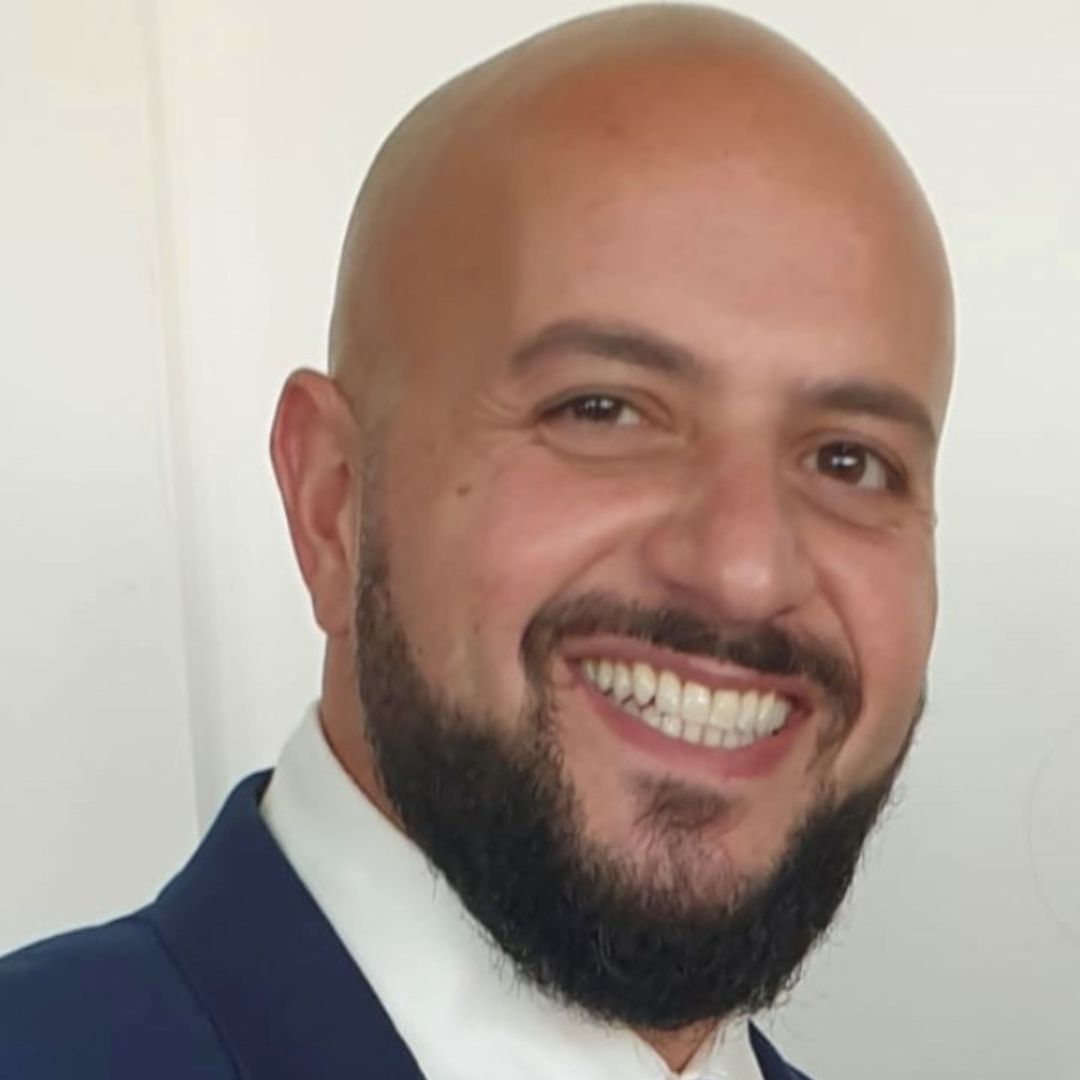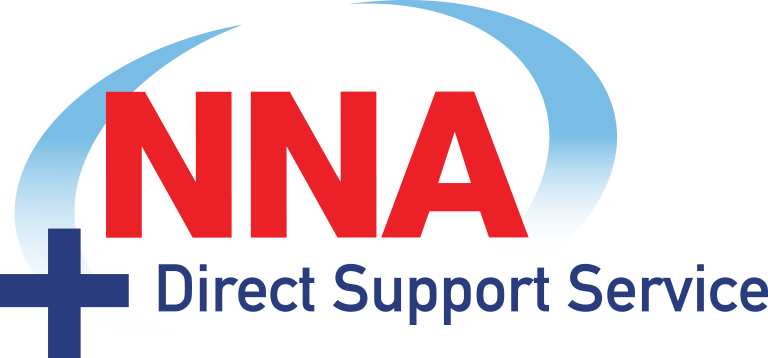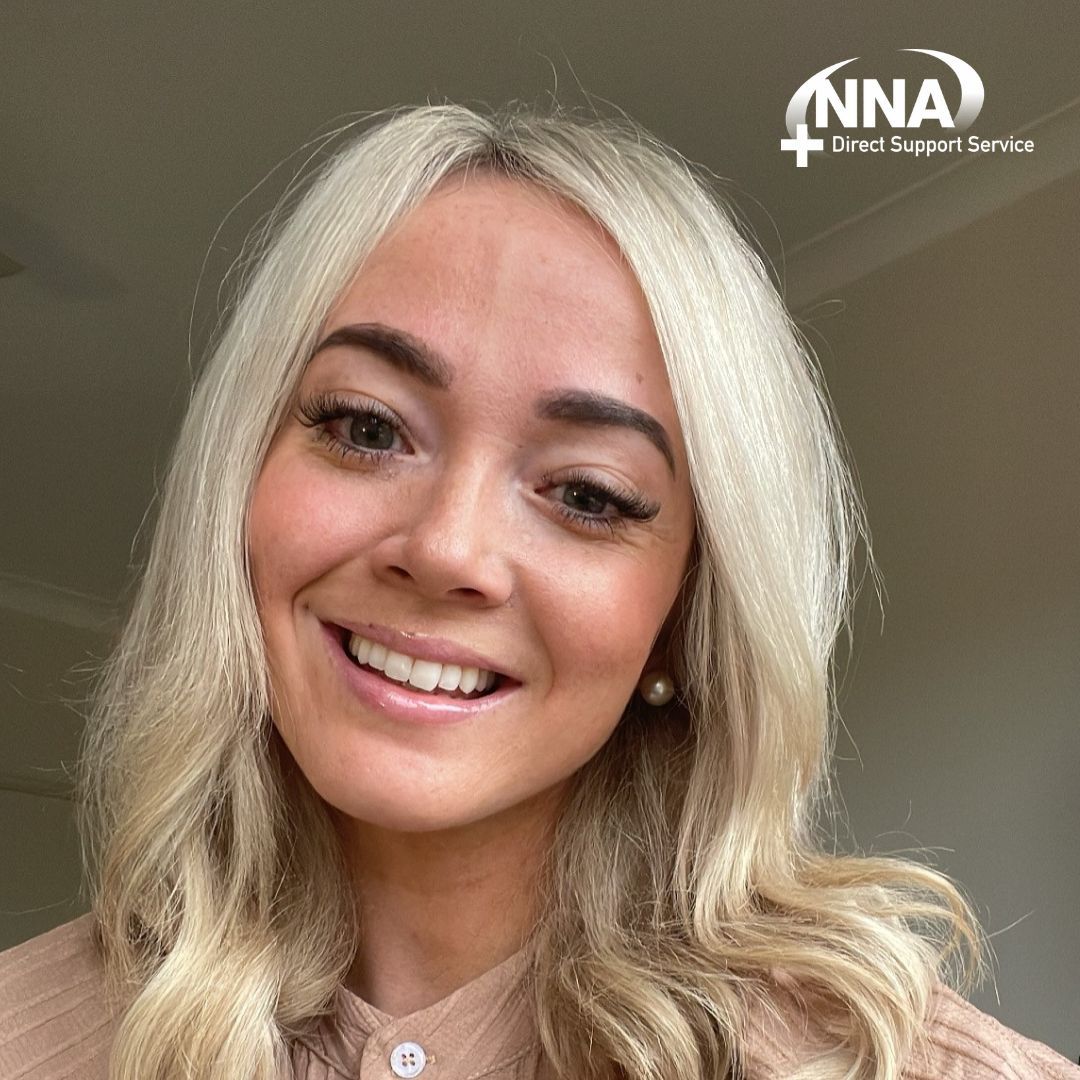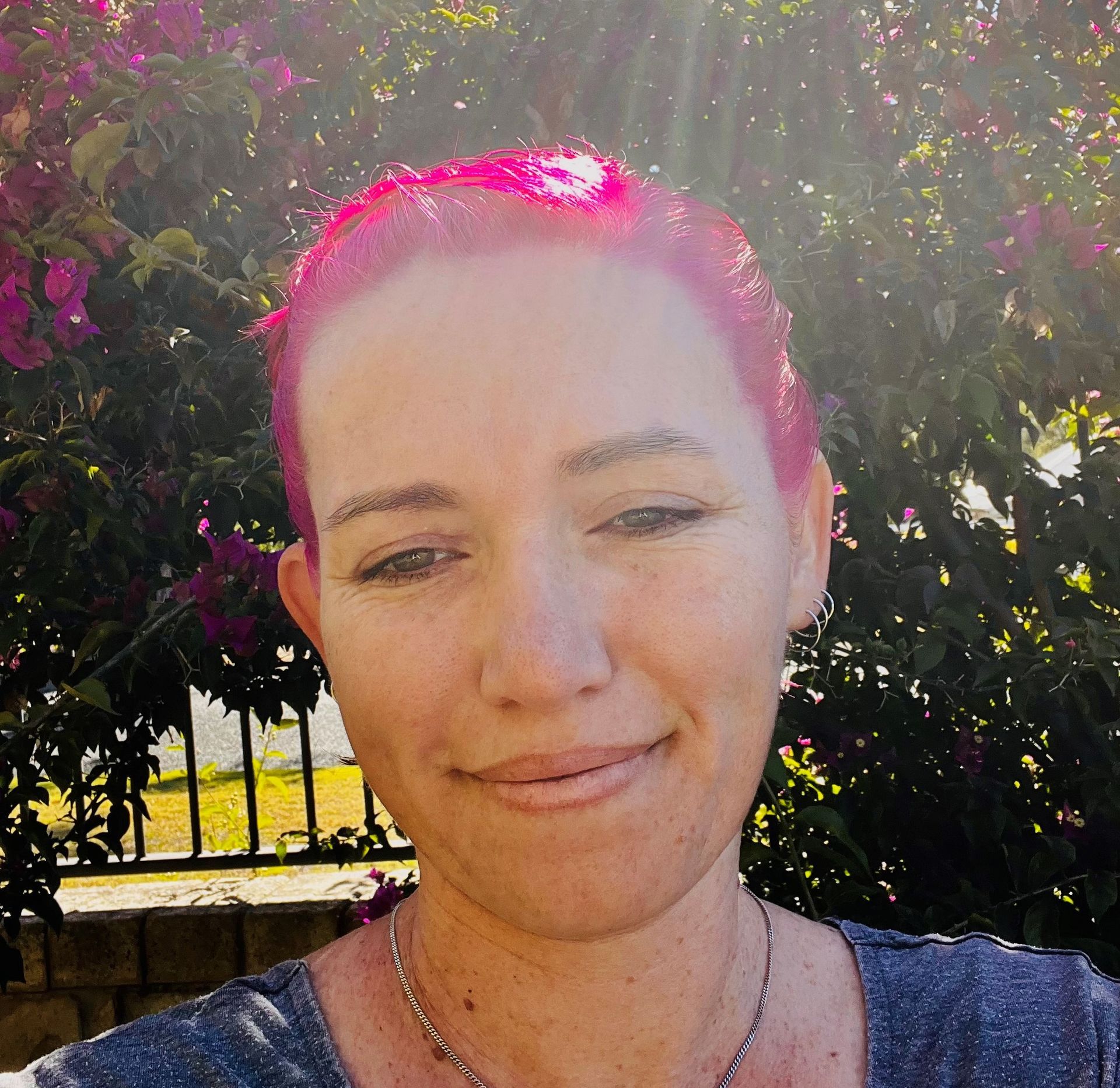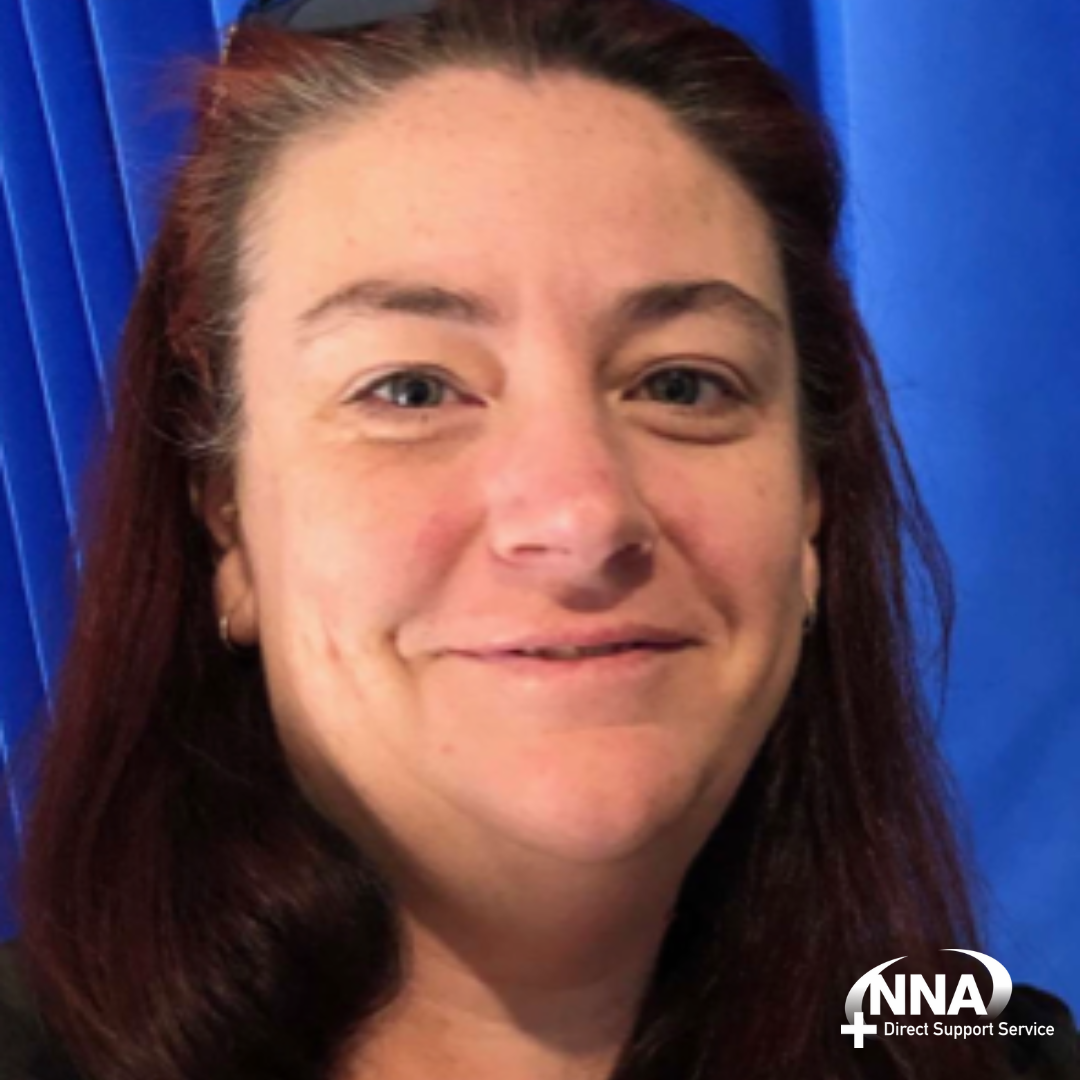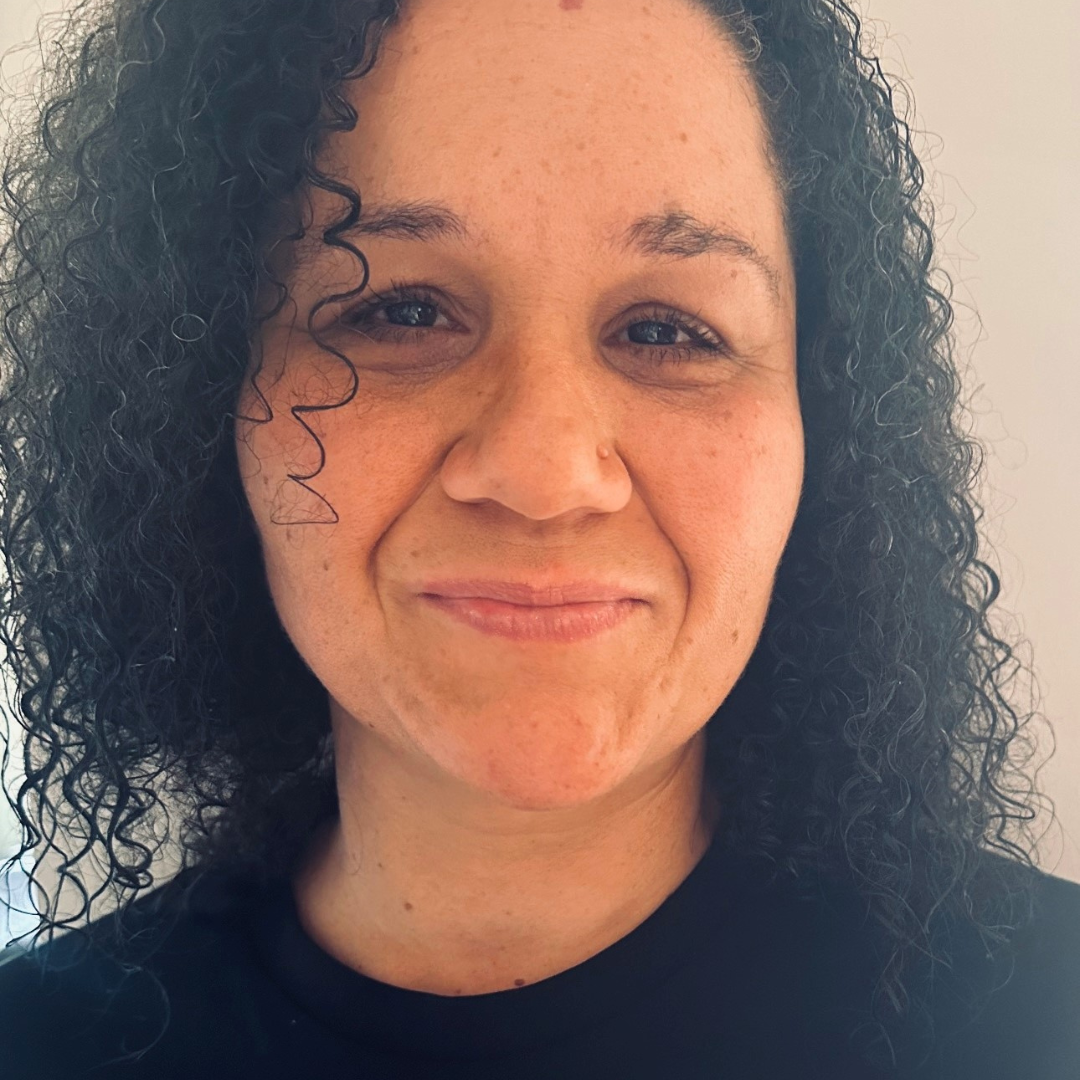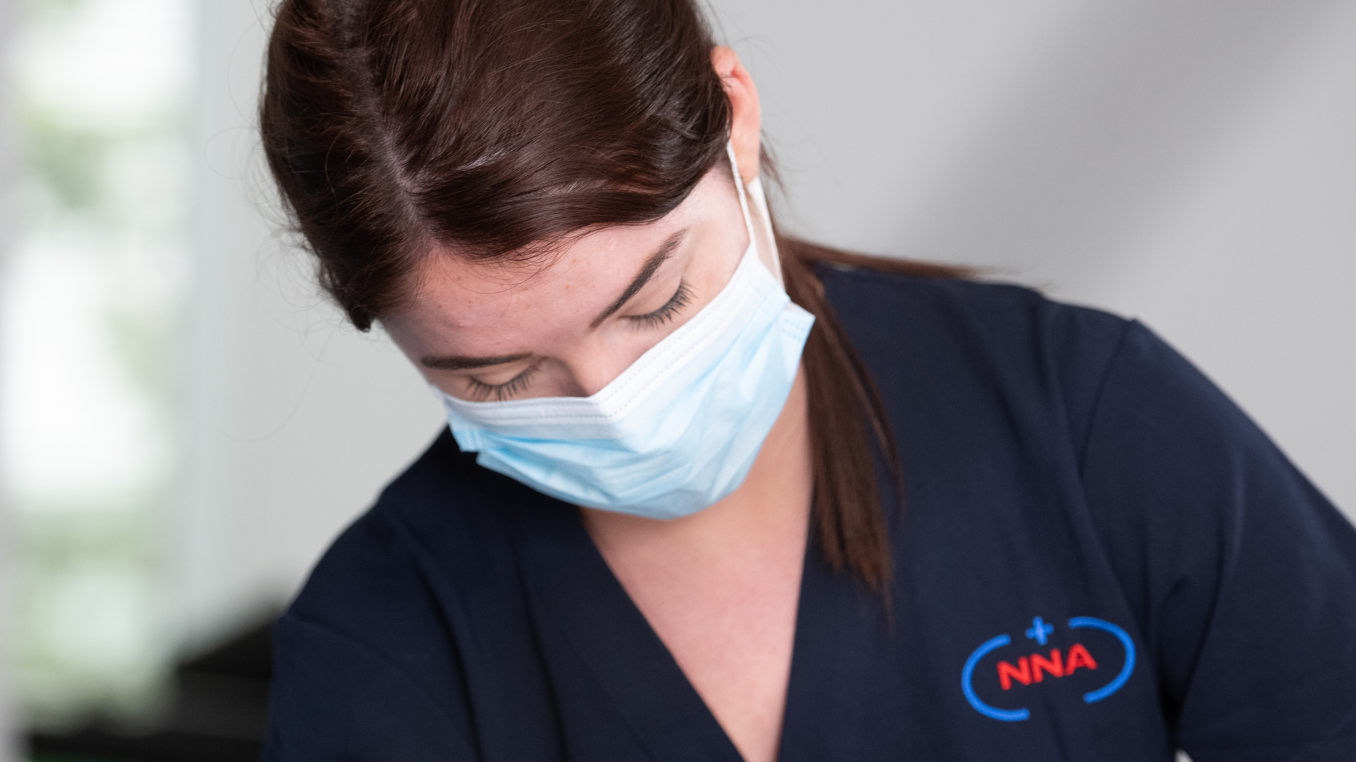6 Clever Ways to Maintain CPD As a Nurse and Midwife in Australia
Does attending a seminar or workshop related to my area of nursing count towards my Continued Professional Development (CPD)? What about mentoring a junior member of staff in the birthing suite who is struggling to grasp some of the more complex concepts? This post answers your common questions whilst exploring 6 ways you can successfully obtain the required CPD points necessary for your area of nursing and/or midwifery.
1. Attend a conference, inservice, forum, seminar and/or symposia
Attending a conference or similar can be a great way to achieve up to 8 hours of CPD points. Though physically attending such events is likely not an option in 2020 due to COVID-19, virtual screening of these events are also counted.
Likewise, inservice education held during your shift is also counted even if these occur virtually via a webinar. If you happen to run the inservice or workshop and help develop new educational tools, these all count as well.
If you’re considering simply enrolling in 3 conferences or forums which are full-day events to “tick off” your CPD points, it may be wise to think again. According to the NMBA, spreading out your CPD activities throughout the course of the registration period is more effective for learning and development.
2. Participating in tertiary, vocational, and other accredited courses including distance education (should relate to the context of practice)
It can be tricky working out how many hours equate to points in regards to tertiary, vocational, and other accredited courses. In this case, the NMBA recommends consulting with the relevant professional organisation to confirm the hours-equivalent of CPD from points they have completed.
3. Attending a short course, workshop and/or discussion group
There is an abundance of short courses available to nurses and midwives in Australia for reasonable prices. Some are even free depending on your affiliations to professional bodies like the ANMF, Australian College of Nursing, or The Australian College of Midwives
In regards to attending a discussion group or even journal clubs, this must be through a professional group or organisation who may issue a certificate of compliance/completion.
4. Mandatory learning activities in the workplace in the area of practice
Mandatory learning such as fire training, manual handling, basic and advanced life support, and hand washing all count towards your CPD. These modules however must be relevant to your area of practice and include aspects of new learning.
Again, ensure you check with your specific organisation for how many hours each module equates to in regards to CPD hours.
5. Self-directed learning
Are you interested in reading nursing / medical journal articles such as the ANMJ online? What about participating in a research study related to your area of practice? And do you keep a practice journal where you reflect on feedback and previous work situations? These situations plus many more fall under the “self-directed learning” umbrella and can contribute to your CPD.
It’s a good idea however to keep in mind activities (even simple ones like reading a journal article) need to be documented thoroughly in order to count. You must identify the learning need, form a plan on how you are going to meet the learning need, participate in the learning activity, and then outline what you achieved. I use the AusMed app to keep track of my CPD hours because it prompts me for all the right information requested by the NMBA. It’s a good idea to keep any certificates of attainment and/or attendance too.
6. Any other structured learning activities not covered above
This last point is important. You may come across a structured learning opportunity that isn’t specifically covered in the above 5 points but you still deem it relevant to your practice as a health professional. These activities can count towards your CPD hours when documented effectively so keep your eyes open for things like:
- Acting as a preceptor, mentor, or tutor
- Participating in clinical audits, critical incident monitoring such as RiskMan, case reviews, or attendance at clinical meetings
- Developing new guidelines, policies, and protocols
- Authoring a book chapter and/or having an article published in a peer-reviewed journal
- Participating in clinical audits such as hand hygiene
- Mentoring or preceptorship in the workplace
- Developing policy, protocols, and guidelines
- Listening to nursing or midwifery lectures
- Writing or reviewing educational materials, nursing articles, journal articles, or books
In summary, there are endless exciting opportunities to maintain your CPD hours. To avoid the stress and worry come registration renewal time, keep an eye out throughout the year of courses, study days, and workshop events you can attend to further advance your nursing and/or midwife practices to ultimately provide our patients the best possible care. Happy learning.
Cheers,
Emma Smith
Registered Nurse
